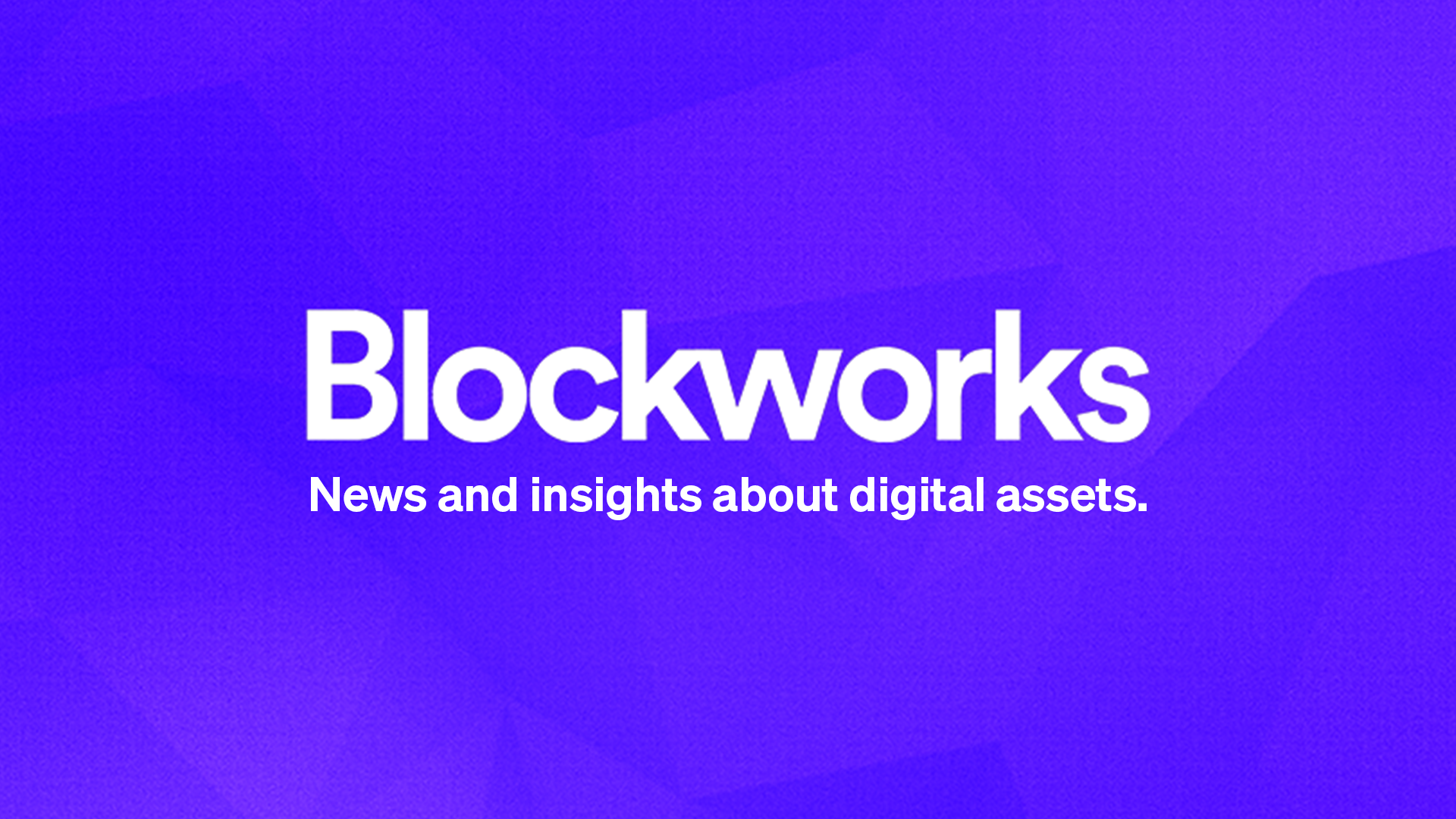ARTICLE AD BOX
Today, enjoy the 0xResearch newsletter on Blockworks.co. Tomorrow, get the news delivered directly to your inbox. Subscribe to the 0xResearch newsletter.
The notion that a (former) president of the United States would throw his support behind a DeFi project would’ve been inconceivable just a few years ago, but it’s happening.
The Trump-backed World Liberty Financial (WLF) project submitted on the Aave governance forums a proposal to deploy an Aave v3 instance on Wednesday.
WLF is not technically a fork of Aave’s code, as confirmed by Aave founder Stani Kulechov on the Chopping Block podcast.
On the backend, WLF seems to be a segregated instance of its own “Aave” from the main Aave protocol. WLF’s users are then serviced from its own separate KYC’d front-end, where it will presumably charge a trading fee.
That makes it very much a “DeFi” project, insofar as World Liberty Financial is running on the largest smart contract compatible public blockchain and leveraging core DeFi primitives.
Yet it’s also not quite “DeFi,” given its strict KYC measures for global users and how it’s presently limited to only accredited investors in the US.
In exchange for using Aave, WLF is offering 20% of its protocol fees and 7% of its WLFI governance token supply to Aave.
Part of the allocated WLFI token supply is explicitly for liquidity mining rewards on Aave, despite previous claims from a leaked draft of World Liberty’s plans that the token will be non-transferable.
USDC, USDT, ETH and WBTC are four of the assets to be initially listed on WLF for lending and borrowing.
The proposal has received the verbal approval of Aave-chan Initiative (ACI) founder Marc Zeller, who “welcomes the alignment between the WLF and the Aave ecosystem.” However, other DAO members are questioning the strategy of saddling Aave with the baggage of Trump’s politics.
Though the Trump family’s names are attached to the project, it’s hard to believe that it goes beyond much more than a brand name association.
Loading Tweet..
The people behind WLF are clearly crypto natives. From the precise selection of Aave, and the strategy to incentivize liquidity providers with its own native token, to the linguistic nuances of its governance proposal, WLF has all the trappings of a team that understands how things are done in this business.
Who knows how it will end — stay tuned, as they say.
Chart of the Day
Optimism Collective generates $911 million in monthly revenues:
Uniswap announced its own Unichain L2 yesterday as part of the Optimism Collective/Superchain. One revenue-sharing criteria of being an L2 chain within the Optimism Collective is to share 2.5% of your total sequencing revenues, or 15% of your gas fee profits (after deducting data availability costs) — whichever is higher.
In the month of September, the Optimism Collective raked in $911 million in total revenue. Optimism mainnet and Base make up the two largest revenue contributors, at $646 million and $263 million, respectively.
Note that the Blast L2 is left out of the above chart. Though L2s may be built with the Optimism’s OP Stack developmental kit, that does not make them necessarily committed to the Optimism Collective.
Start your day with top crypto insights from David Canellis and Katherine Ross. Subscribe to the Empire newsletter.
Explore the growing intersection between crypto, macroeconomics, policy and finance with Ben Strack, Casey Wagner and Felix Jauvin. Subscribe to the Forward Guidance newsletter.
Get alpha directly in your inbox with the 0xResearch newsletter — market highlights, charts, degen trade ideas, governance updates, and more.
The Lightspeed newsletter is all things Solana, in your inbox, every day. Subscribe to daily Solana news from Jack Kubinec and Jeff Albus.
 10 months ago
461050
10 months ago
461050









 English (US) ·
English (US) ·